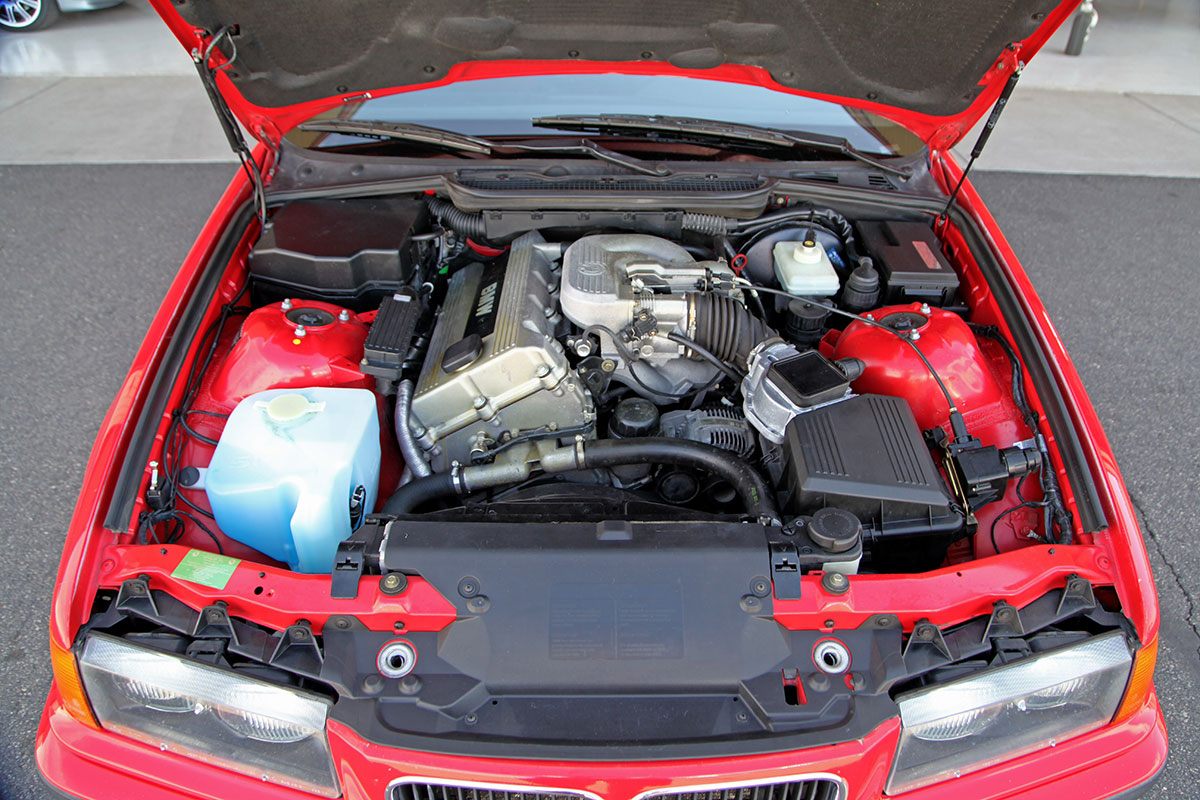Crucial Considerations for Choosing the Ideal Engine for Your Requirements
In the realm of choosing the perfect engine to meet your needs, numerous crucial aspects demand precise consideration to make certain optimal efficiency and efficiency. From the nuanced balance in between power and efficiency to the often-overlooked aspects of maintenance and solution needs, each aspect plays a pivotal role in identifying the most ideal engine for your details demands.
Power and Performance
When reviewing engines for optimum efficiency, it is essential to focus on both power outcome and performance. Performance refers to exactly how well the engine converts fuel into useful energy. By thoroughly assessing both power and performance, you can pick an engine that delivers optimal performance and satisfies your needs effectively.
Fuel Effectiveness and Economic Climate
Fuel efficiency refers to the engine's capacity to transform gas into energy with marginal waste, straight affecting operating costs and ecological sustainability. Engines with greater fuel efficiency not just minimize fuel expenses yet likewise decrease carbon emissions, adding to a greener operation.

Compatibility and Application
Taking into consideration the gas efficiency and economy of an engine, the following important element to address is its compatibility and application within certain operational contexts. Compatibility refers to how well the engine incorporates with the total system or equipment it powers.
In addition, the application of the engine is equally important. Various engines are created for certain functions, whether it be commercial equipment, marine vessels, automobiles, or power generators. Understanding the intended application enables for the selection of an engine that can deliver the necessary power outcome, torque, and operational features. For instance, a high-revving engine designed for performance autos would not appropriate for sturdy building and construction equipment that requires high torque at reduced rates.
Upkeep and Solution Demands
Maintenance and service needs play a critical role in guaranteeing the long life and optimal efficiency of an engine. Normal maintenance is important to avoid failures, prolong the life-span of the engine, and preserve its efficiency. When picking an engine, it is vital to consider the manufacturer's advised maintenance timetable and the availability of service centers or certified service technicians.
Elements such as the regularity of oil adjustments, filter replacements, and total examinations can considerably impact the engine's performance. Some engines may need more regular maintenance based upon their layout and use, while others may have longer periods between upkeep checks. It is important to comply with these solution demands to avoid expensive repair work and unexpected downtime.

Cost and Budget Considerations
When picking an engine for a specific application,Spending plan constraints typically play a considerable role in the decision-making procedure. When considering the cost and budget plan implications of choosing an engine, it is necessary to assess not only the preliminary acquisition rate but also the long-lasting expenses related to upkeep, gas intake, and possible upgrades or repair services. It is important to strike an equilibrium in between the upfront price of the engine and its general lifecycle expenses to make sure that the picked engine remains economically lasting throughout its functional lifespan.
Aspects such as fuel dependability, longevity, and Discover More Here effectiveness can straight affect the overall price of ownership of an engine. While an extra expensive engine may have higher upfront expenses, it could potentially result in lower maintenance and fuel expenditures over time, therefore offering better worth in the long run. Furthermore, taking into consideration the availability and expense of spare parts, in addition to the ease of maintenance and solution, can help stop unanticipated financial pressure in the future. By thoroughly reviewing these cost and budget factors to consider, you can make an enlightened choice that straightens with your functional requirements and my response financial constraints.
Verdict

Fuel efficiency refers to the engine's ability to convert fuel right into energy with very little waste, straight impacting operating prices and ecological sustainability.Elements affecting gas effectiveness include engine layout, combustion effectiveness, and overall efficiency optimization. Furthermore, choosing the ideal fuel kind and grade as recommended by the engine supplier can additionally boost efficiency and prolong engine life-span.
Engines with great serviceability features and readily available parts can minimize maintenance costs and reduce the time the engine is out of operation - bmw 318ti. It is critical to strike a balance in between the ahead of time price of the engine and its total lifecycle important source expenses to make sure that the chosen engine stays economically lasting throughout its functional life expectancy